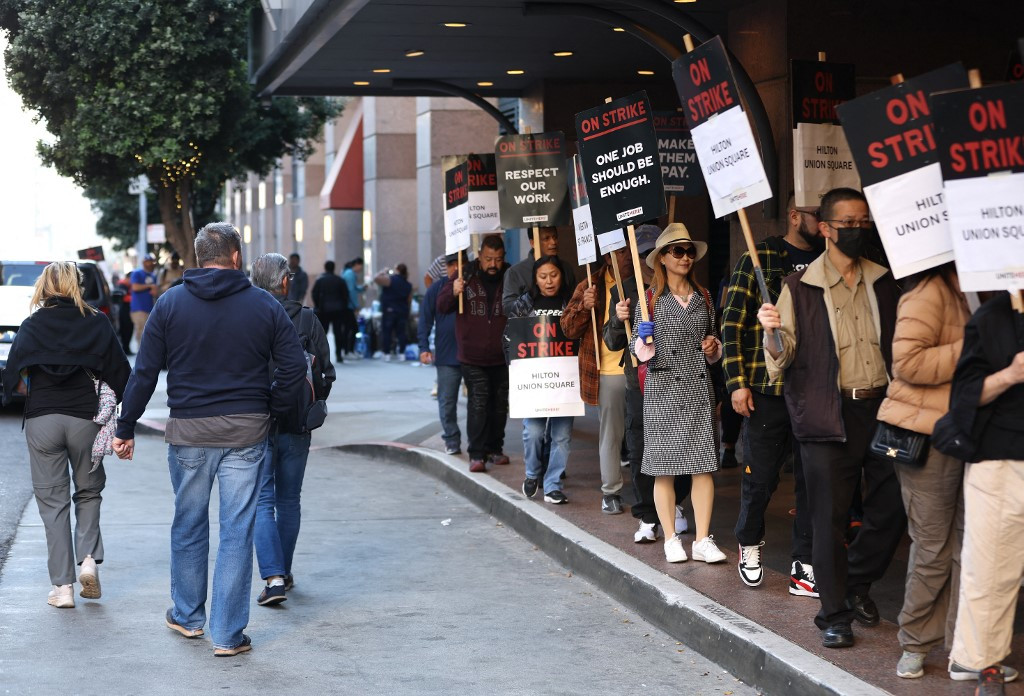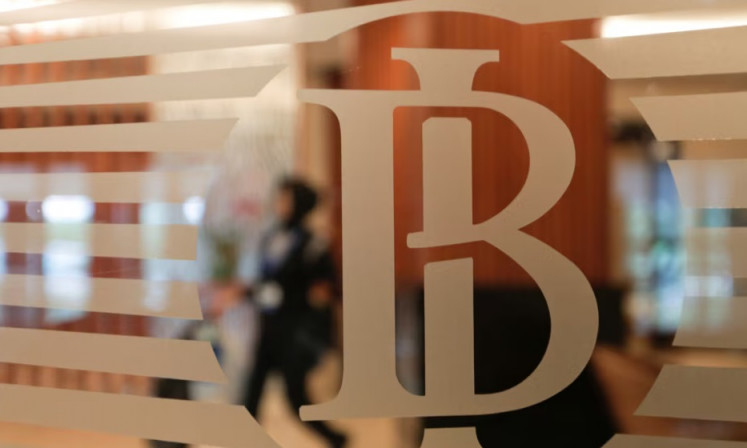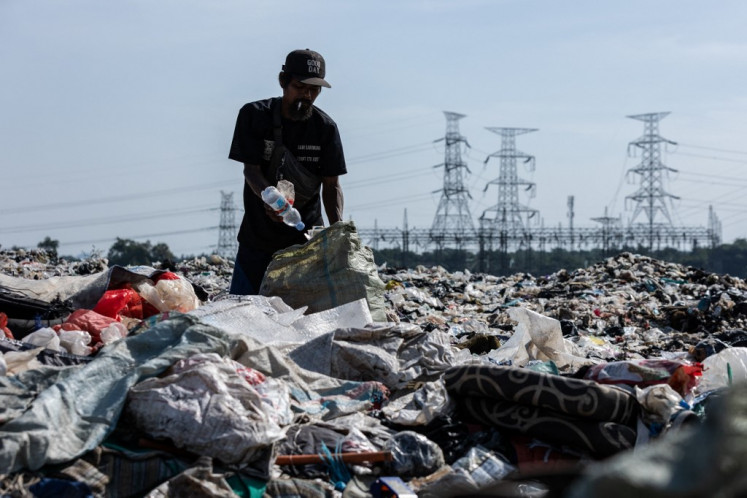Popular Reads
Top Results
Can't find what you're looking for?
View all search resultsPopular Reads
Top Results
Can't find what you're looking for?
View all search resultsWorkers see dramatic fall in share of global income: UN
Workers have seen their slice of the global income pie shrink significantly over the past two decades, swelling inequality and depriving the combined labor force of trillions, while capital income concentrates ever more among the wealthiest.
Change text size
Gift Premium Articles
to Anyone
 Union workers picket outside of the Hilton San Francisco Union Square hotel on Sept. 03, 2024, in San Francisco, California, United States. Over 10,000 hotel union workers are striking at 25 hotels in 9 US cities as they demand higher wages, fair workloads and reversing cuts implemented during the COVID pandemic. (Getty Images/AFP/Justin Sullivan)
Union workers picket outside of the Hilton San Francisco Union Square hotel on Sept. 03, 2024, in San Francisco, California, United States. Over 10,000 hotel union workers are striking at 25 hotels in 9 US cities as they demand higher wages, fair workloads and reversing cuts implemented during the COVID pandemic. (Getty Images/AFP/Justin Sullivan)
W
orkers have seen their slice of the global income pie shrink significantly over the past two decades, swelling inequality and depriving the combined labor force of trillions, the UN said Wednesday.
The United Nations' International Labor Organization said that the global labor income share -- or the proportion of total income in an economy earned by working -- had fallen by 1.6 percentage points since 2004.
"While the decrease appears modest in terms of percentage points, in 2024 it represents an annual shortfall in labor income of $2.4 trillion compared to what workers would have earned had the labor income share remained stable since 2004," the ILO said in a report.
The study highlighted the COVID-19 pandemic as a key driver of the decline, with almost half of the reduction in labor income share taking place during the pandemic years of 2020-2022.
The global crisis exacerbated existing inequalities, particularly as capital income has continued to concentrate ever more among the wealthiest, it said.
"Countries must take action to counter the risk of declining labor income share," Celeste Drake, the ILO deputy director-general, said in a statement.
"We need policies that promote an equitable distribution of economic benefits, including freedom of association, collective bargaining and effective labor administration, to achieve inclusive growth, and build a path to sustainable development for all."
The ILO stressed that technological advances, including automation, were a key driver of the declines in labor income share.
"While these innovations have boosted productivity and output, the evidence suggests that workers are not sharing equitably from the resulting gains," the UN labor agency said.
It voiced particular concern that the artificial intelligence boom risked deepening inequality further.
"If historical patterns were to persist [...] the recent breakthroughs in generative AI could exert further downward pressure on the labor income share," the report said, stressing "the importance of ensuring that any benefits of AI are widely distributed".
The ILO found that workers currently rake in just 52.3 percent of global income, while capital income -- earned by owners of assets like land, machines, buildings and patents -- accounts for the rest.
Since capital income tends to be concentrated among wealthier individuals, the labor income share is widely used as a measure of inequality.
It also helps measure progress towards the UN sustainable development goal aimed at significantly reducing inequality between and within countries between 2015 and 2030.
"The report indicates slow progress as the 2030 deadline approaches," ILO said.
The report also emphasized the stubbornly high incidence of young people who are not in employment, education or training (NEET).
Since 2015, the global percentage has slipped slightly, from 21.3 percent to 20.4 percent this year.
But there are major regional differences, with a third of youth in Arab states and nearly a quarter in Africa falling into the NEET category.
The report also highlighted a large gender gap, with the global NEET incidence among young women standing at 28.2 percent -- more than double the 13.1 percent seen among young men.









